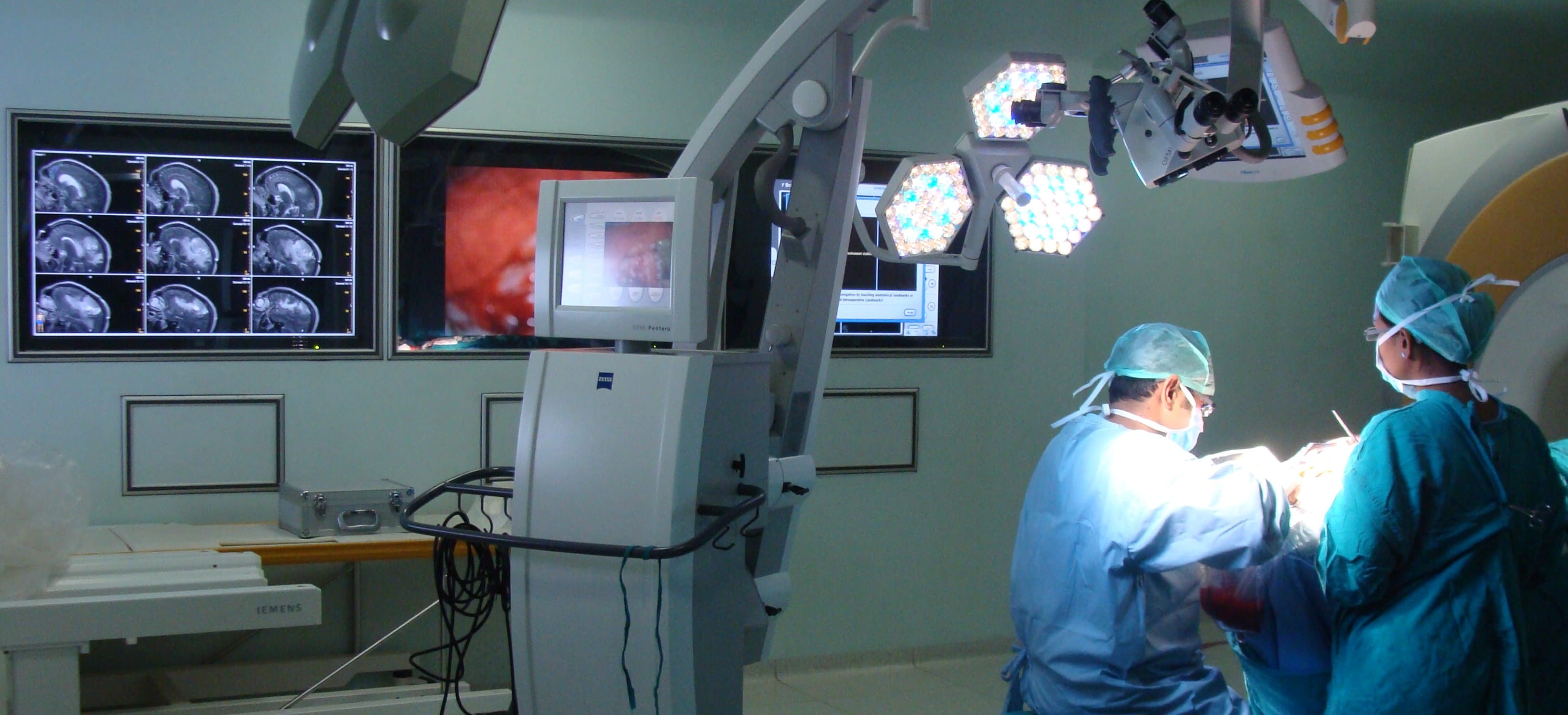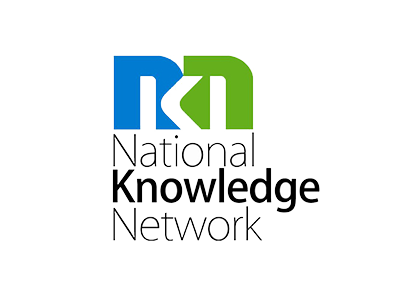
Indian researchers fighting drug-resistant epilepsy
Computational neuroscience is gathering momentum in India, empowered by the Indian National Knowledge Network, connecting researchers and databases across the country. One of the promising initiatives is the Centre for Excellence in Epilepsy, investigating the complex changes associated with the development of drug-resistant epilepsy.
It is estimated that among the nearly one billion population of India there are about five million epileptics. About one million suffer from refractory epilepsy, where medicine can’t bring seizures under control. Many of the latter would be candidates for a surgical cure. But facilities to treat ‘therapy resistant’ and intractable epilepsy, particularly epilepsy surgery, exist only at a few centres in India. And up until recently facilities that could bridge the gap between clinical and basic research didn’t exist anywhere across the country.
One-of-a-kind facility
The newly established Centre for Excellence in Epilepsy is a one-of-a-kind facility where a dedicated neuroscience research centre is collaborating with a premier medical science institute. The centre is established by The National Brain Research Centre (NBRC), in collaboration with the All India Institute of Medical Sciences (AIIMS), New Delhi supported by the Department of Biotechnology (DBT), Ministry of Science & Technology, Government of India).
The aim of the centre is to investigate the complex changes associated with the development of drug-resistant epilepsy in humans using a multidisciplinary approach.
A combination of electrocorticography (ECoG), Magnetic Resonance Imaging (MRI), Electroencephalography (EEG), video EEG, as well as functional imaging techniques such as Positron Emission Tomography (PET) and Single Photon Emission Tomography (SPECT) along with the extremely sensitive Magnetoencephalography (MEG) are utilized to locate the epileptogenic area.
The MEG facility at NBRC is the first such set up in northern India. The MEG data acquisition of each patient and its subsequent analysis, each of several gigabytes in size, is synchronized in real-time over the National Knowledge Network between NBRC and AIIMS, thus directly aiding epilepsy surgery. The ongoing research at the centre of excellence for epilepsy helps in the understanding of epileptogenesis, better diagnosis and localization of the epileptogenic foci and fosters new techniques of treatment.
Human brain imaging data-sets
Using the high-bandwidth, low latency National Knowledge Network, another promising project at The National Brain Research Centre envisages the creation of multi-site neuro-imaging data-archiving and analysis primarily from human MRI scans conducted at different hospitals and research centres across India.
The voluminous human brain imaging data-sets acquired at different centres are synchronized to the main server at NBRC, Manesar, India over the NKN and made available for different research objectives of archiving, analysis, etc.
Also, a model Disaster-Recovery setup shared between NBRC, Manesar and NIBMG, Kalyani (both DBT institutes connected to NKN) has also been proposed which will require a unified storage facility to the tune of 200-500 TB at each site, being incrementally synchronized over the NKN network.
Once implemented, the Disaster-Recovery setup will also aid in implementing high-availability applications apart from providing redundancy and continuity.
For more information please contact our contributor(s):

